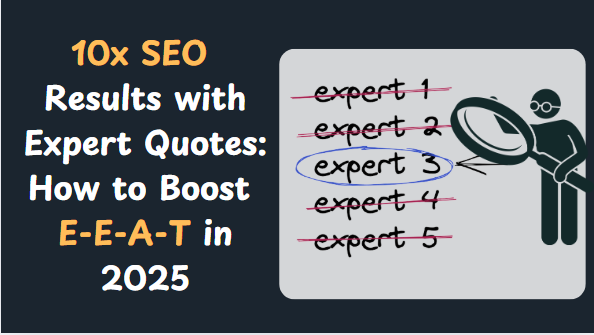Good SEO (Search Engine Optimization) is essential for ranking your website or blog on Google.
SEO helps search engines like Google understand and show your content to the right people. But did you know that adding expert quotes can help improve your SEO and content?
Do you know that recent data indicates that 49% of consumers trust online reviews as much as personal recommendations from friends and family?
In this post, we will explore how expert quotes for SEO can improve your rankings by boosting E-E-A-T signals.
Let’s dive in!
What is E-E-A-T?
Before we talk about expert quotes, let’s understand what E-E-A-T is.
E-E-A-T stands for:
E: Experience
E: Expertise
A: Authoritativeness
T: Trustworthiness
Google looks at these things when deciding if a website should rank high in search results. When your content shows that someone with experience and knowledge writes it, Google will trust it and show it to more people.
Publishing fact-checked, expert-reviewed content isn’t optional anymore; it’s essential for trust.
Danny Sullivan
Why Expert Quotes for SEO Matter?
Boost E-E-A-T Signals
- When you include expert quotes in your content, Google sees that someone with experience and knowledge backs your article. This makes your content more trustworthy and helps improve your E-E-A-T score.
Strengthen Your Arguments
- Expert quotes help support your ideas. If you are writing about something complex, an expert quote can explain things clearly, strengthening your article.
Increase Content Credibility
- People trust expert opinions more than regular opinions. Including expert quotes for SEO strengthens your arguments. It builds your content’s credibility, making it more likely to rank higher on Google.
Make Content More Link-Worthy
- Good content gets linked to other websites. When you include quotes from well-known experts, other websites are more likely to link to your article. This can boost your SEO.
Create More Engaging Content
- Adding expert quotes makes your content more interesting! Readers enjoy hearing what experts think, which keeps them engaged with your content.
How to Use Expert Quotes at Scale?
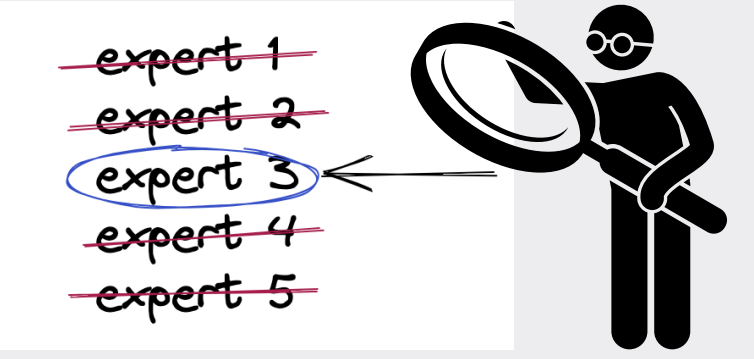
You may wonder, “How can I find expert quotes quickly?” Here’s the answer: Research.
Apply a Journalistic Approach
Think of yourself as a journalist. Journalists find quotes from interviewing experts. But you don’t always have to interview people face-to-face. You can find expert quotes online much faster!
Online Research vs. Interviews
Interviews can take time. Instead, you can do online research, like reading expert interviews and articles, to find quotes easily.
The Research Method: Finding Existing Expert Quotes
Where to Look for Expert Quotes?
You don’t have to constantly ask an expert directly for a quote. There are plenty of places where experts already share their thoughts. Here are some places to look:
Podcasts: Experts talk a lot in podcasts!
YouTube: Watch videos where experts give advice.
Social Media: Follow experts on platforms like Twitter and LinkedIn.
Collaborative Articles: Some websites bring together quotes from many experts.
Why Blogs Aren't the Best Source
Blogs are good, but experts sometimes write them. Experts often share their thoughts on social media or in interviews, not just in blog posts.
Finding Top Experts in Your Industry
Search for Experts
To find experts, search on Google using terms like:
“Top [Topic] experts”
“Top [Topic] influencers”
Use Social Media
You can also use social media platforms like Twitter or LinkedIn. Look for people who talk about your topic a lot.
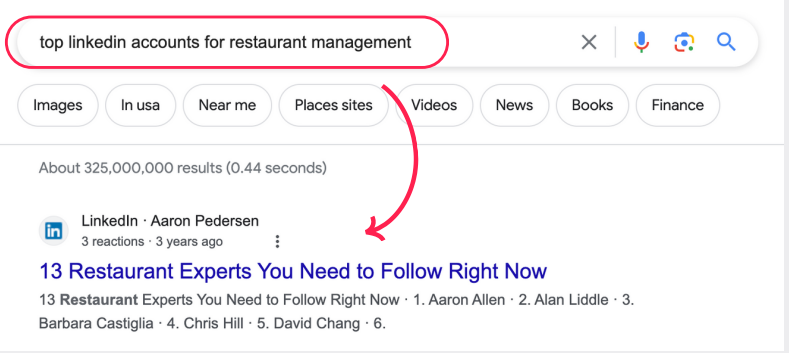
Use AI Tools
If you have AI tools like ChatGPT, you can ask it to list experts in your field!


Searching for Expert Quotes
Use Google Search
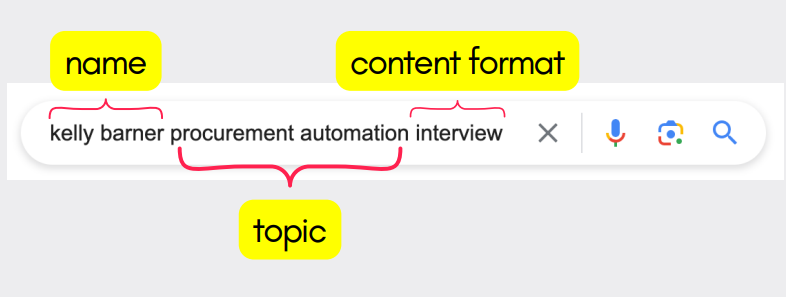
You can search for expert quotes using Google. Try searching for:
“[Expert Name] [Topic] interview”
“[Expert Name] [Topic] quote”



Social Media
Experts often share their thoughts on social media. You can search for their posts or tweets about your topic. For example, use Twitter to find expert insights by typing: “from:@[handle] [Topic].”
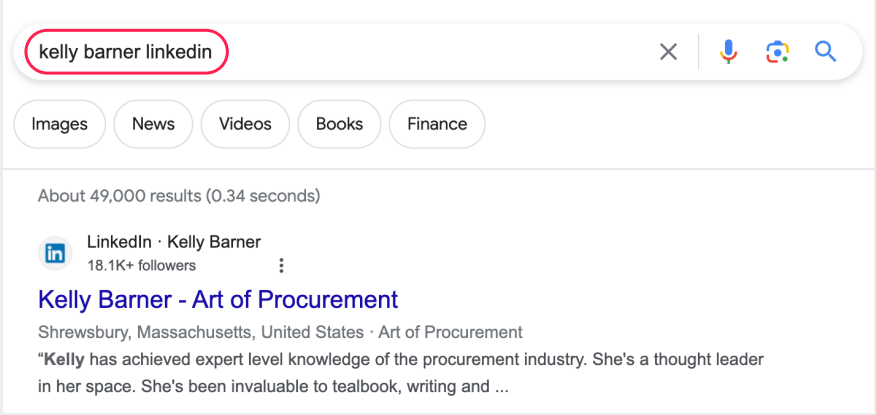
What to Look For
Look for different kinds of content like:
- Video Interviews: Where experts talk about the topic.
- Posts on Social Media: Quotes from experts in their posts.
- Podcasts: Experts often share valuable insights during interviews.
- Reaching Out to Experts Directly
If you want fresh quotes, you can always contact experts directly. Please write an email or message asking for their opinion on a topic.
However, this can be time-consuming, and not all experts will reply.
Expert Quotes Search Queries
Here are some quick search queries to find expert quotes fast:
[Keyword] + influencers
[Industry] + experts
[Topic] + interview
[Topic] + quotes
[Name] + ask me anything
Why do I include Expert Quotes in SEO Content?
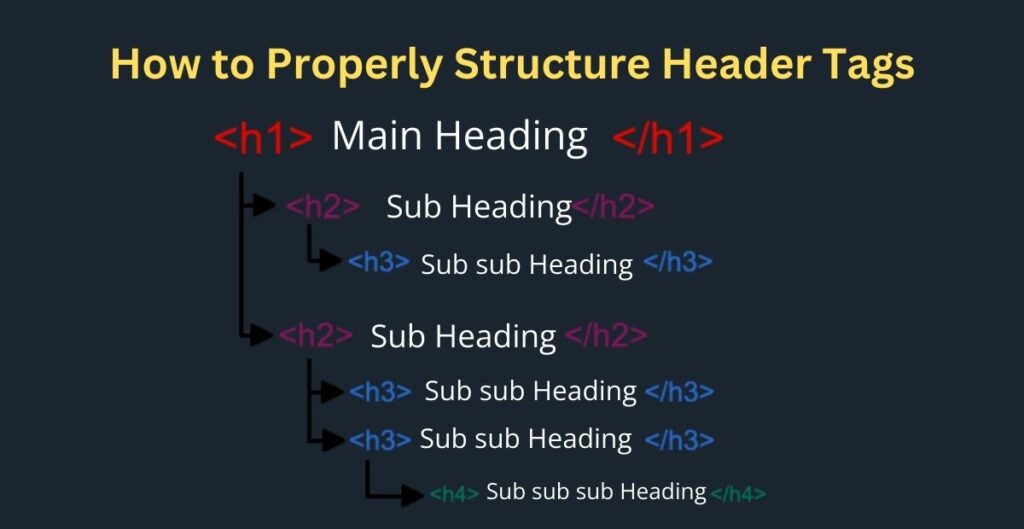
Adding expert quotes to your content makes it more fun and valuable for readers. When you include expert opinions, your article becomes more interesting and credible.
The Problem with Dull SEO Content
Some SEO articles can be boring because they only focus on keywords and rankings, but adding expert quotes makes the content more engaging.
Engagement and Value for Users
Expert quotes help your readers learn from the best. It adds value and makes your article stand out!
Future Trends in E-E-A-T for 2025 and Beyond
People trust others, especially when sharing authentic stories or struggles. Platforms like YouTube and Reddit are already goldmines for this. I wouldn’t be surprised if Google started favouring blogs and websites that incorporate first-hand experiences or testimonials.
Think about it: Would you trust an article on camping tips written by someone who’s never pitched a tent? Exactly.
Another game-changer is the rise of multimedia content. Google is improving at analyzing videos, podcasts, and infographics to determine authority. So, if you still need to add visual or audio content to your blogs, 2025 is the year to start.
A great example?
Neil Patel recently shared how his video content consistently drives higher engagement, helping boost his overall rankings.
With Google’s focus on personalizing search results, showcasing your expertise and trustworthiness at a regional level will become a significant factor. For example, if you’re a real estate blogger, featuring local data or quoting a well-known local agent can give your content a competitive edge.
Testimonials, case studies, and reviews are digital gold—use them liberally to establish trust.
Neil Patel
Conclusion:
Adding expert quotes to your content can boost your SEO and improve your E-E-A-T. It makes your content more credible, engaging, and valuable for your readers.
So, remember to include expert insights in your next blog post or article!
The key is always to ask yourself, “Am I creating genuinely helpful and trustworthy content?” If the answer is yes, you’re on the right track.
What do you think?
Have you ever used expert quotes for SEO in your content? Share your thoughts on how expert opinions have helped boost your rankings in the comments below!
F.A.Q.
E-E-A-T stands for Experience, Expertise, Authority, and Trustworthiness. It is a framework Google uses to evaluate the quality of content and its relevance to users. Incorporating E-E-A-T principles helps improve your site’s search engine rankings.
In 2025, Google’s algorithms will focus more on delivering trustworthy and reliable content. E-E-A-T helps ensure that users get accurate, authoritative, and helpful information, essential for maintaining credibility and building long-term traffic.
Fix technical issues and improve user experience. Optimize images and use good URL structures and internal links. Don’t forget mobile optimization and header tags.
You can showcase your experience by sharing personal stories, case studies, or real-world examples. For instance, if you’re writing about a product, mention how you used it and the results you achieved.
Expertise can be demonstrated by including actionable tips, expert quotes, or in-depth knowledge of a subject. Linking to relevant studies or authoritative sources can also enhance the perception of expertise.
To build trustworthiness, ensure your content is accurate, transparent, and backed by credible sources. Including data, citations, and clear attribution is key. Adding a strong “About Us” page and secure site protocols (like HTTPS) also contribute to trust.
Expert quotes provide credibility and authority to your content. Quoting respected figures in your industry, such as “According to John Mueller from Google, E-E-A-T is central to how Google evaluates quality,” adds weight to your content.
Yes, multimedia like videos, infographics, and podcasts can enhance your content’s E-E-A-T by making it more engaging and informative. Google is increasingly recognizing and rewarding diverse content formats.
While there’s no direct E-E-A-T score, tools like SEMrush, Ahrefs, and Google Analytics can help analyze metrics like traffic, bounce rate, and backlinks, which indirectly reflect E-E-A-T performance.
Absolutely! Incorporating local data, customer reviews, and location-specific expertise can boost E-E-A-T for local SEO, making your content more relevant to nearby users.
Industries like healthcare, finance, law, and technology benefit significantly because they deal with topics where trust and authority are critical for user safety and confidence.
Regularly update your content with the latest data, trends, and expert insights. Auditing your content modification ensures it remains relevant and authoritative.
E-E-A-T evaluates the quality of content, while YMYL (Your Money or Your Life) refers to content that can impact a user’s well-being, finances, or safety. High E-E-A-T is essential for YMYL topics.

